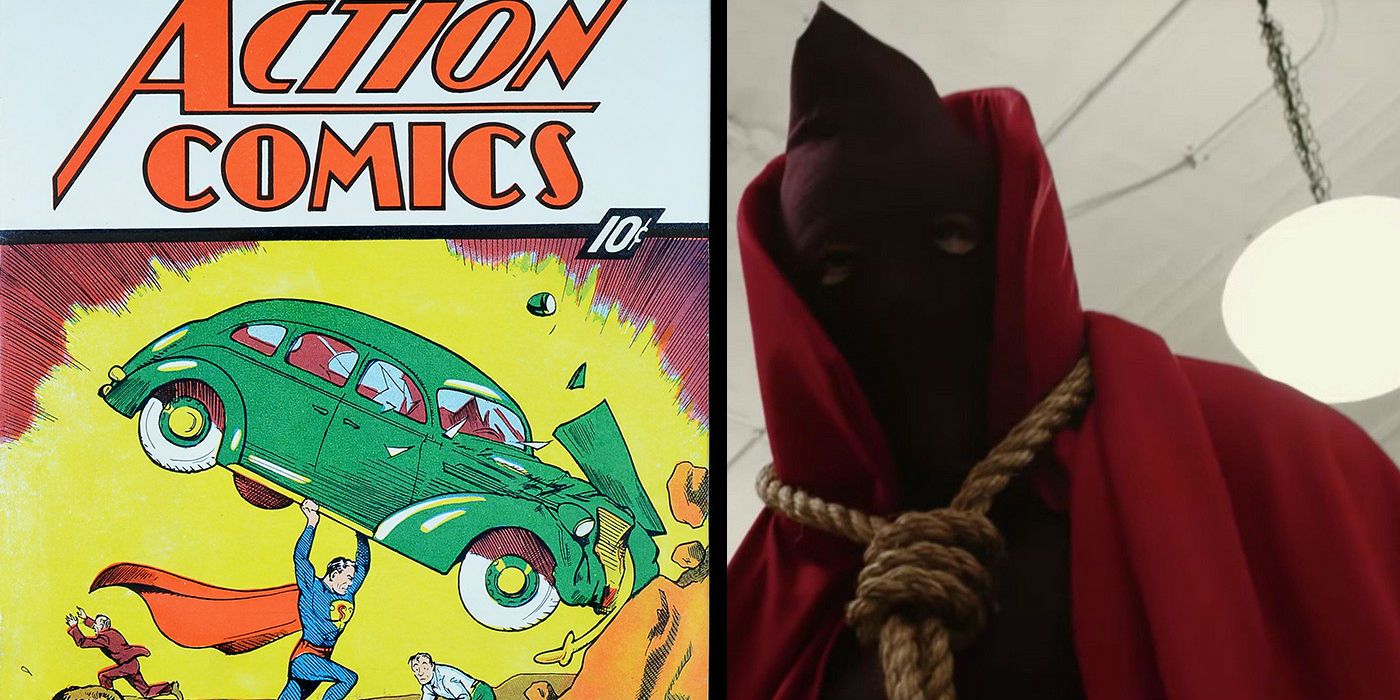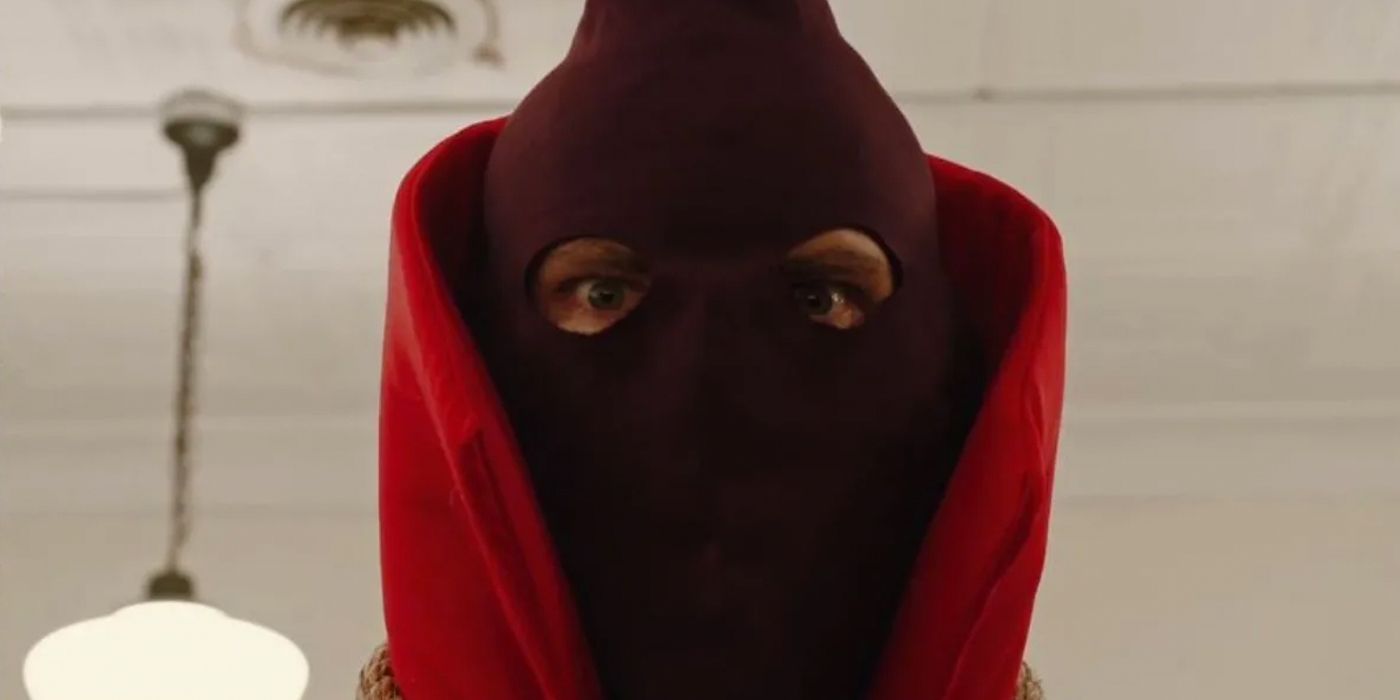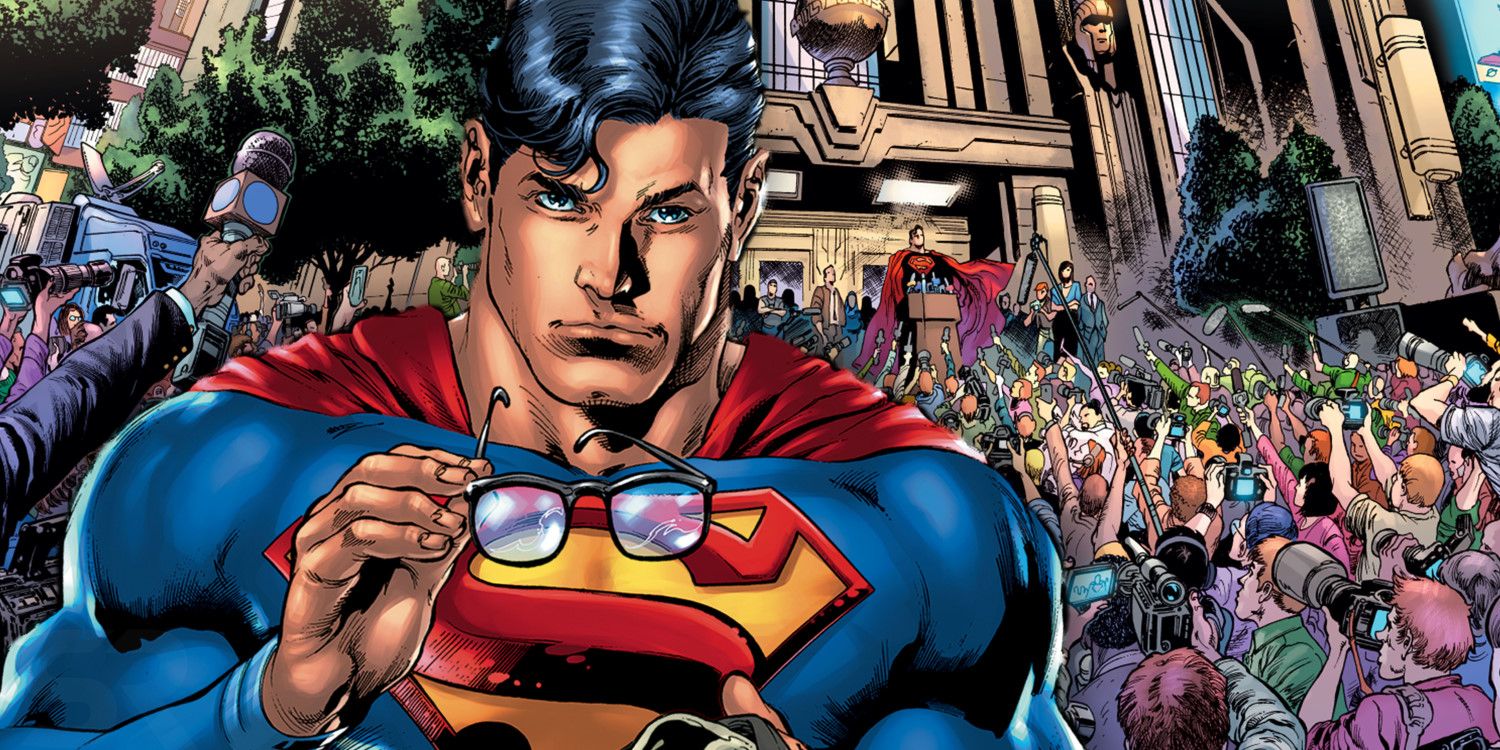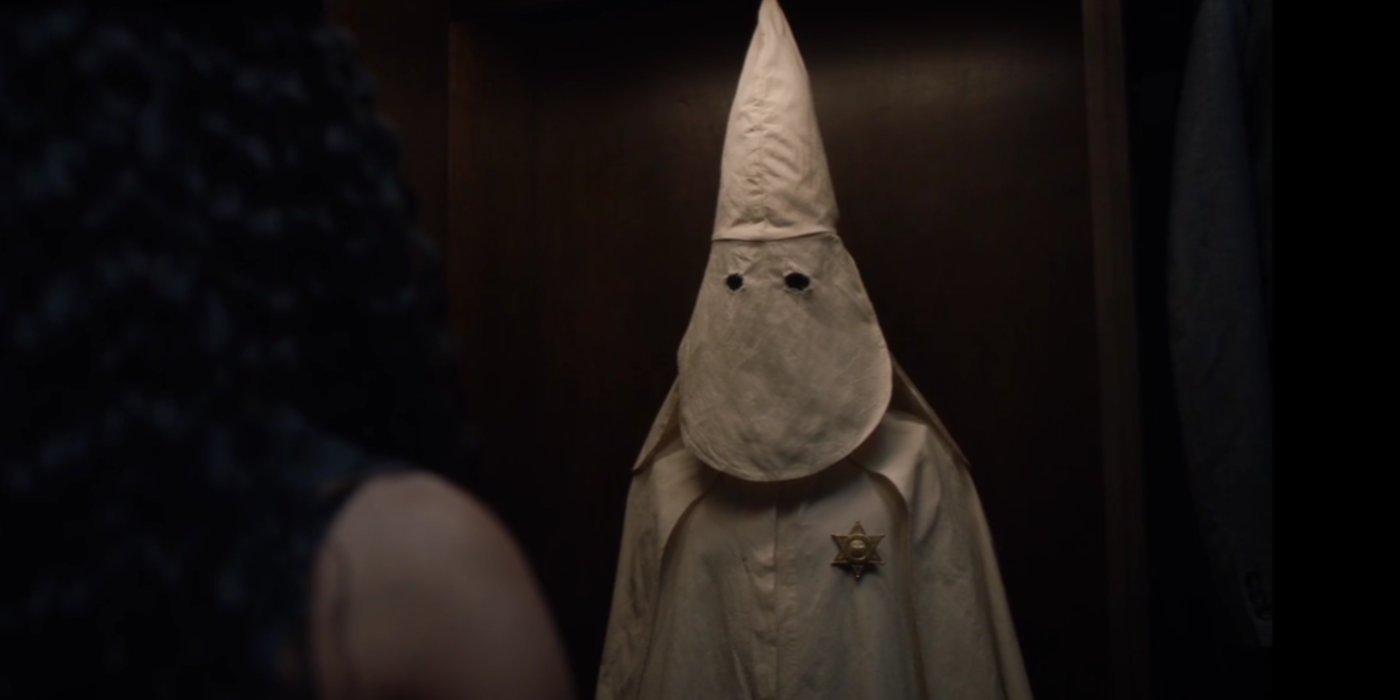Watchmen takes the influence of Superman from the original comic books and twists it into something considerably darker with an episode that explores the very beginnings of Alan Moore's world. Damon Lindelof's Watchmen series on HBO is effectively a sequel to the original graphic novel by Moore and Dave Gibbons but, as per the showrunner's stated remit, this is an entirely different story to the one told previously in the DC comic or the 2009 Zack Snyder movie.
Generally speaking, the series directly follows on from the comic. The transdimensional squid attack has finally been rendered into live-action, older versions of past main characters return and viewers are shown the political fallout of the comic's Reagan presidency. There are, however, a number of a significant deviations and one of the biggest changes in the TV show is a heavy focus on racial prejudice compared to the original story, with the Ku Klux Klan forming a central part of the main plot.
In "This Extraordinary Being," Angela experiences a series of nostalgia-fueled flashbacks that inform her (and the audience) of Will Reeves' personal history. Starting with Will first joining the police force, the scenes confirm that Angela's grandfather is, as previously speculated, the true identity of Hooded Justice. Most of the episode then chronicles Will's fight against racially-motivated violence and the reason he lost contact with his descendants. Perhaps the most significant feature of this episode, however, is a reinterpreting of the reason why superheroes first became prevalent in Watchmen's alternate timeline.
Watchmen's Alternate Timeline Diverges With Superhero Comics
In the original Watchmen comic's "Under the Hood" side story, Hollis Mason (the first incarnation of Nite Owl) reveals his backstory, and it's here that the point of divergence for Watchmen's alternate history becomes clear. The split with Earth's real history comes in 1938, with the publication of Action Comics #1. In reality, the debut of Superman sparked a golden age of superheroes in the comic book industry that continued to grow over decades and eventually came to dominate pop culture across all mediums. In Watchmen's world, the release of this iconic issue was shortly followed by a spree of real vigilantes hitting the streets to fight crime, and Mason himself claims to have been very inspired by the early exploits of Clark Kent, rereading the debut issue over and over again.
The introduction of actual costumed heroes killed the comic industry's superhero focus in the Watchmen universe, with writers instead turning to pirate tales and the like to enthrall young readers in the 20th century. However, early heroes such as the Minutemen were directly inspired by the first few years of comic book material, and these pioneers established the masked hero as an alternative to the actual authorities. The first of these figures is Hooded Justice, but since the progenitor's real identity is never revealed by Moore, it's unclear to what extent Superman and other outlandish literary figures influenced Watchmen's first hero, even if they definitely had a major impact on those who followed.
HBO's Watchmen Rejects Superman's Influence
As many viewers might've come to expect by now, HBO's Watchmen takes this element of the comics and bastardizes it into something considerably more sinister. During the Will Reeves flashbacks, the rookie cop comes across a news stand owner who introduces him to Action Comics #1, with the famous image of early Superman lifting a car clearly visible. Reeves takes a brief interest in the comic but is soon distracted by his official police duties. It certainly doesn't appear that the tale has any measurable impact upon Reeves' approach to justice, his mentality or his future career path.
Fortunately, "This Extraordinary Being" does reveal Reeves' true motivations for becoming Hooded Justice. The innocent, well-intentioned cop was attacked and almost hanged by his own police colleagues and, after barely surviving the ordeal, then rescued a couple from being attacked on his way home. Noting that his actions were celebrated and smelling a vast and insidious conspiracy driven by the KKK, Reeves opts to continue his last-night superhero shenanigans which, in turn, inspire others to do the same. Watchmen draws direct parallels between Superman's origin story and that of Will Reeves', comparing their childhoods in which both were saved by their parents and sent to safety from a crumbling home. It's clear, however, that this comparison isn't the reason Will begins his stint as a vigilante.
Playing more of a role in Will's upbringing is the fictional film "Trust In The Law!" that a young Reeves is seen watching in the premiere episode. Will evidently held the picture's title character (the Black Marshal, Bass Reeves) in high esteem, but Hooded Justice doesn't follow this media portrayal of heroism either. On the cinema screen, Bass Reeves proudly proclaims that there'll be no mob justice on his watch, imploring citizens to "trust in the law." By suiting up as Hooded Justice, Reeves is essentially sticking a big middle finger up to his childhood hero's principles, coming to realization that the law is corrupt and untrustworthy, and true justice must be dealt out via alternative methods.
It's interesting that, outside of Hooded Justice, the influence of Superman in Watchmen's world remains evident. The other Minutemen are clearly inspired by wacky, out of this world comic stories and are more interested in pursuing that line of work than the genuine criminal conspiracies Reeves is unearthing. Meanwhile, the media themselves are wondering whether Hooded Justice has the same kind of superhuman strength that characters in comic stories possess. This creates an irony where the entire world of masked vigilantes is taking cues from the comic world, but the very man who started the trend did so in response to real-life events and injustices, eschewing the fictional notions and morality of Superman or Bass Reeves.
HBO's Watchmen Is About The Effects Of Racism On Society
In the context of Damon Lindelof's strong focus on racism within U.S. history, Hooded Justice's new origin story makes a lot more sense than simply being inspired by early comic book heroes, while also providing a damning commentary of the discrimination suffered by African Americans in a way that is, tragically, still relevant to a modern audience. One of the main reasons Will Reeves makes the transformation into Hooded Justice is because his efforts as a policeman are frequently called into question on account of his skin color. Will admits to his wife that he was only hired as a PR stunt, and his arrests are ignored if the detainee happens to be friends with the white officers. In contrast, Will notes that Hooded Justice is hailed as hero, at least partially because he's assumed to be white (note the deliberate whitewashing in "American Hero Story"). This is the disturbing truth behind the Hooded Justice costume's white face paint - Will knew society could turn against his crusade if he wasn't "one of them."
These themes have been present in Watchmen since the premiere's opening Tulsa massacre scene, but redefining the reason for the existence of vigilantes as a response to racism instead of a desire to act out Superman fantasies is something that not only grounds the Watchmen series in a stark, uncomfortable reality, but also reasserts that the story is more about societal values than it is crime-fighting and superheroes. Naturally, there's action, naked clones, giant squids and out-there science, but this is merely a backdrop for a wider discussion on U.S. race relations, and Watchmen's Will Reeves flashbacks make this purpose clearer than ever.
Watchmen continues with "An Almost Religious Awe" December 1st on HBO.




